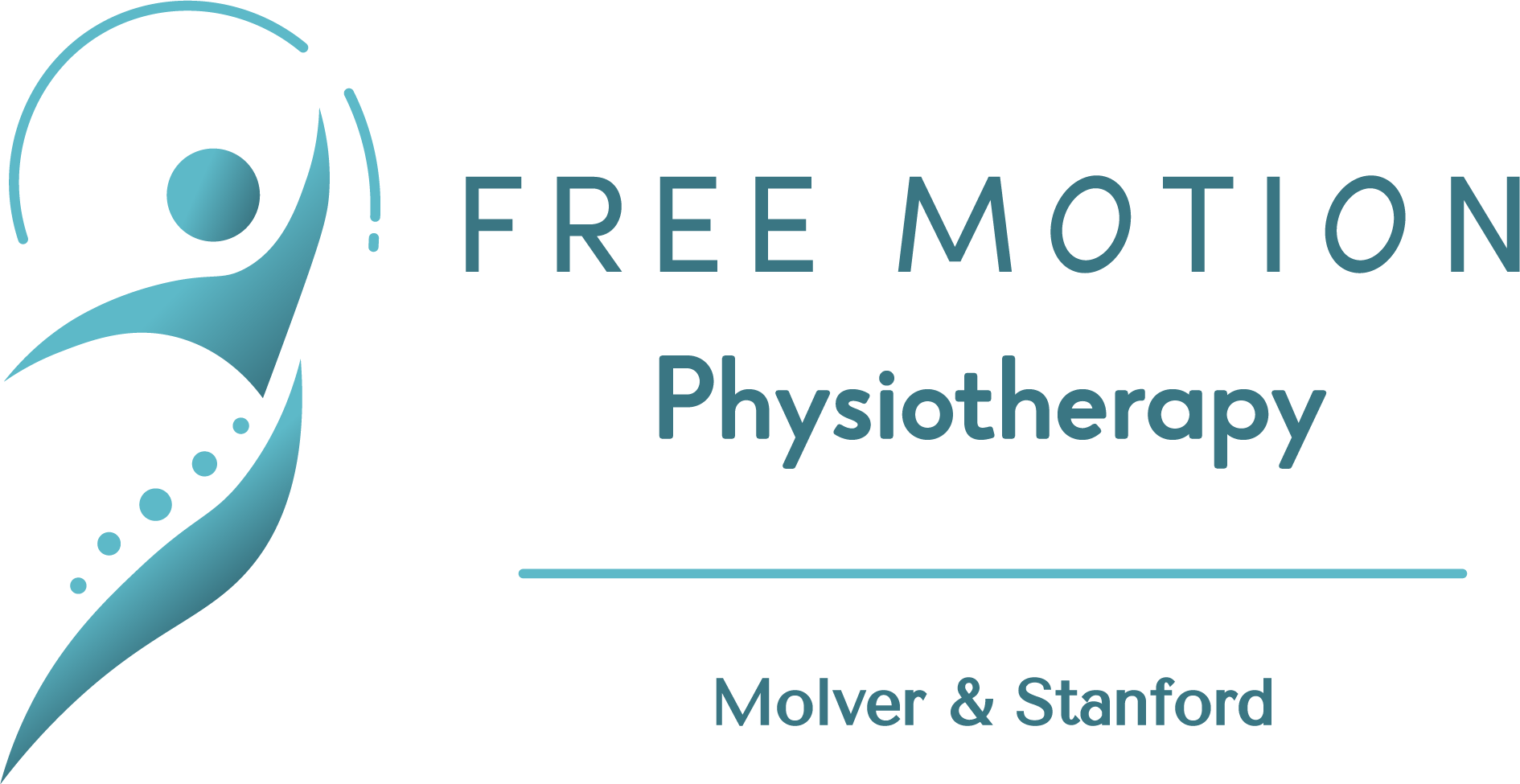When Pain Doesn’t Go Away: Understanding Chronic Pain
Believe it or not, pain is a good thing. It is the body’s way of protecting itself- but what happens when that pain is persistent and just won’t go away?
If you have been dealing with pain for months (or even years) you are living with chronic pain. As physiotherapists, we often hear things like “but my scans were clear” and “the injury happened months ago, why does it still hurt?” The truth is that pain is complex, and it is influenced by way more than just physical damage to your body. Pain is deeply connected to your brain, even your thoughts and emotions. In this blog we’ll help you understand how pain works, why it can stick around, and how a few simple things could make a real difference.


What is Chronic Pain?
Chronic pain is pain that lasts longer than 3 months, often after an injury has healed. It is not just in your head- but it is in your nervous system. When pain sticks around, your brain and body become more sensitive to pain signals. This is called central sensitisation.
Think of it like this: a fire alarm goes off when there is smoke in the house- the alarm is loud and urgent and impossible to ignore. That is your body doing its job, sensing danger and reacting quickly when you get hurt to protect you. Once the danger is gone and healing begins, the alarm quiets down. But with chronic pain, your body alarm becomes overprotective and starts reacting to even the smallest, innocuous signals- the alarm keeps going off long after the fire is out.
What Affects How Much Pain You Feel?
Your brain is like a control centre. It takes in information from all over your body (and life) to decide if something feels painful. Here are some key things that influence how strongly you feel pain:
1. Sleep
Poor sleep worsens pain. Even one bad night can increase your sensitivity. Most of the body’s healing happens during deep sleep- so if you’re not getting enough your nervous system can stay on high alert, amplifying your pain.
2. Stress and emotions
Anxiety, depression or constant stress can “turn up the volume” on pain as your brain becomes more sensitive to danger signals. Pain is a physical experience, but it’s closely tied to your emotional health- when you are stressed this keeps your nervous system in fight-or-flight mode, like a car engine stuck in high gear. Depression and anxiety can actually change how your brain processes pain. Areas in the brain involved with emotions overlap with pain centres, meaning that your brain may turn up the “volume” on pain signals.
3. Fear of movement
Our bodies want (and need) movement! Avoiding movement out of fear can lead to stiffness, weakness and in return more pain over time. Even in the beginning stages of an injury gentle guided rehab can help teach the brain that it’s okay to move.


4. Nutrition and inflammation
A diet high in processed foods and refined sugar can lead to gut health disruption and an increase in the production of inflammatory “messengers”. This causes low-grade chronic inflammation which can lead to a higher pain response- think of a low-level ongoing fire in the body.
5. Past experiences
Have you had a traumatic injury previously? Been told your body is “broken”? These experiences can shape how your brain interprets future pain.
6. Support system
People who feel supported by family, friends, or a healthcare team often cope better with chronic pain than those who feel isolated or misunderstood.


What Can You Do To “Reset Your Body Alarm”?
Chronic pain needs a whole-person approach. Here is what we often focus on:
- Gentle movement to keep joints and muscles healthy and teach your nervous system that it is safe to move.
- Education about how pain works to lower your brain’s sensitivity to pain signals. (knowledge is power!)
- Relaxation techniques to calm your nervous system.
- Pacing activities to avoid flare ups after doing too much. It is important to avoid setting the fire alarm off.
- Focusing on sleep hygiene to improve quality of sleep and rest.
- Working with other professionals like psychologists or dieticians if needed.
Pain does not always mean harm. With chronic pain, your body’s fire alarm is just too sensitive. If you’re living with chronic pain, know this: you are not broken. You are not weak. With the right tools, support and understanding your body’s fire alarm can be reset. Reach out to us at Free Motion Physiotherapy to book a session and let us help you manage your chronic pain.
Book your Free Motion Physiotherapy session
More

Pre-season: Recharge. Reset. Rebuild
As the year winds down, so should your training intensity. December isn’t just a time for holidays- it’s a crucial

Shin splints: The sneaky overuse injury you shouldn’t ignore
There’s nothing worse than finding your stride, only to be stopped in your tracks by a stubborn ache in your

Is your body waving a red flag? How to detect overuse injuries
Have you ever had a small ache that started during a run or workout? At first you can ignore it
